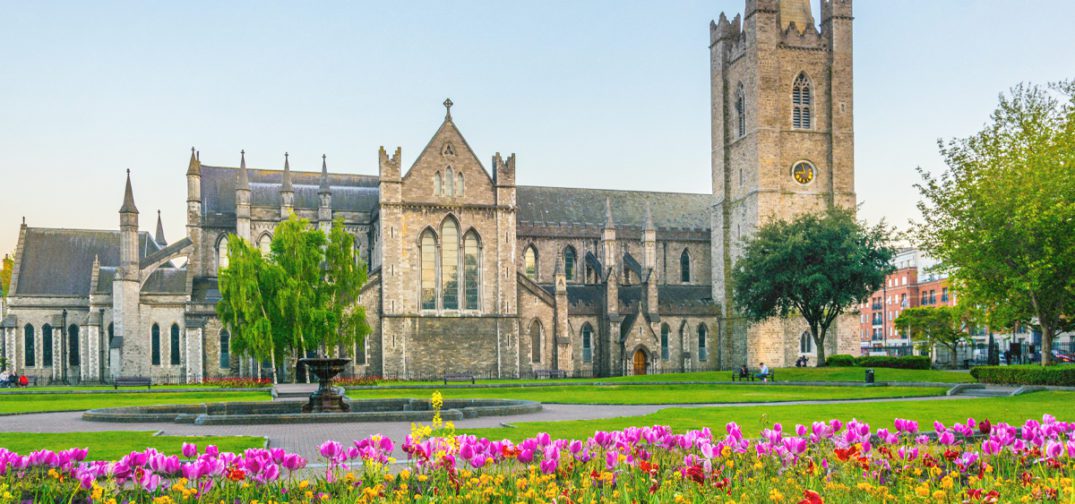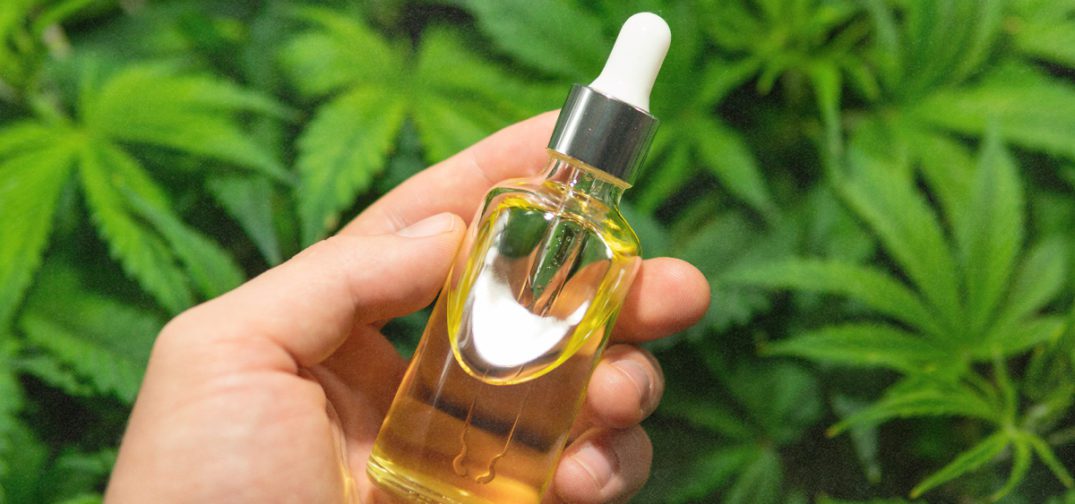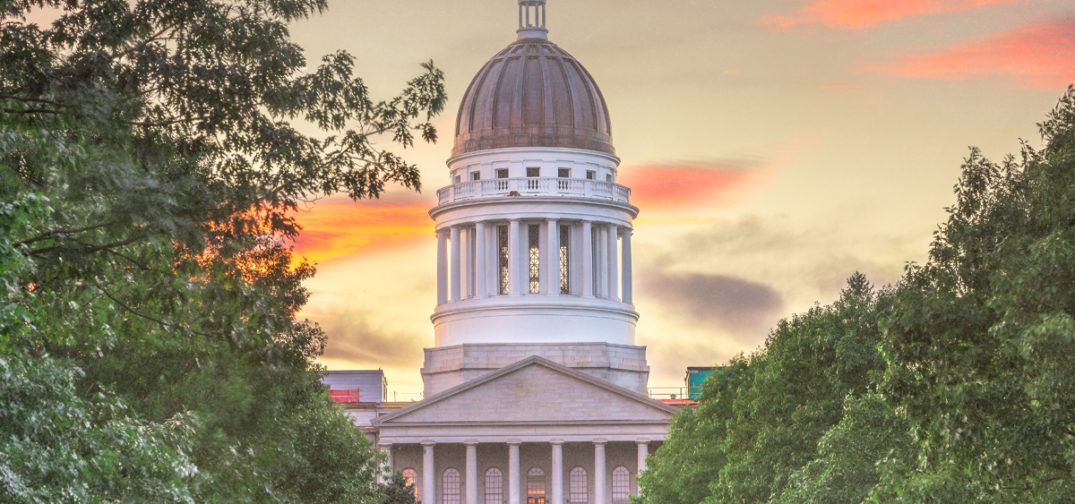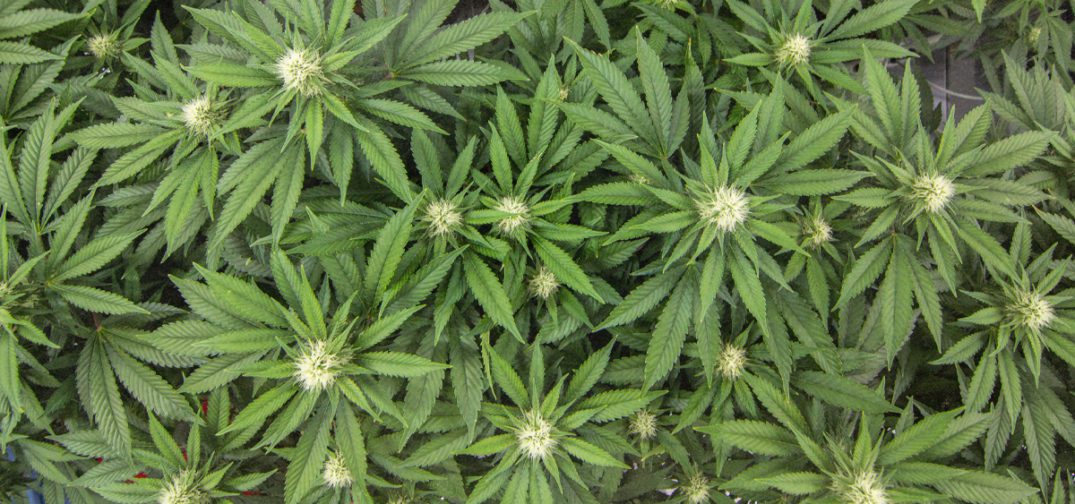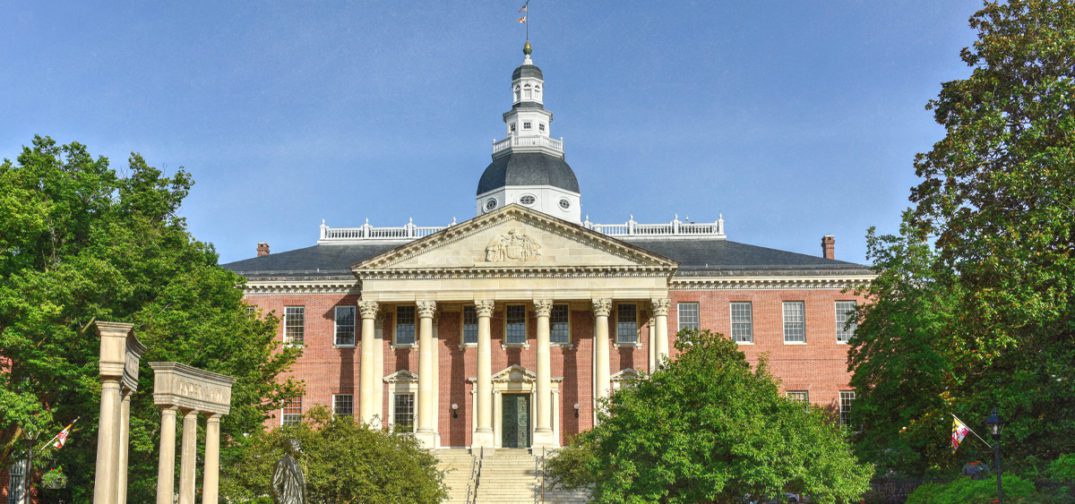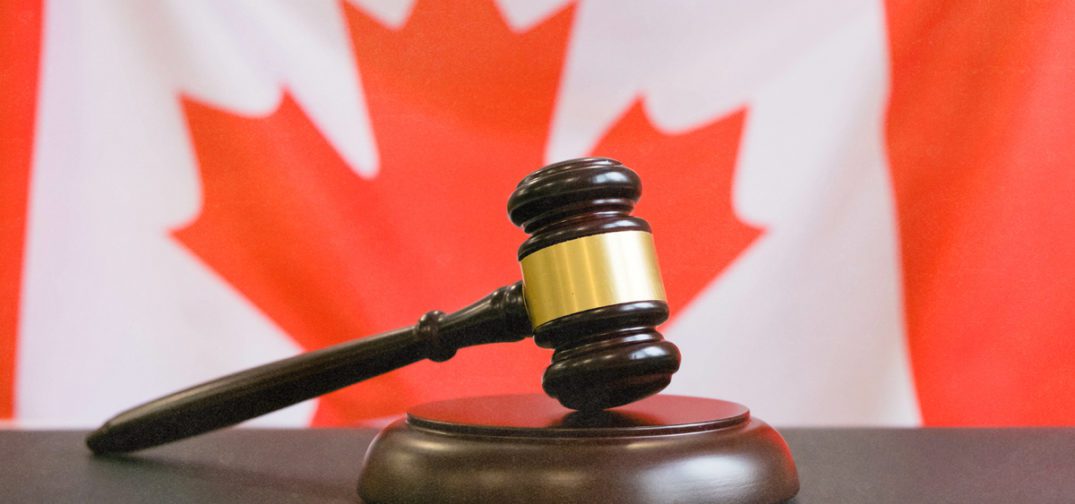Chicago, Illinois-based Green Thumb Industries Inc. last week closed on its acquisition of LeafLine Industries, marking the firm’s expansion into Minnesota. The deal gives Green Thrumb one of two vertical licenses in Minnesota, an operating cultivation facility, and five open retail locations.
The takeover also increases Green Thumb’s national presence to 15 states with a total of 73 operational retail locations. The deal gives Green Thumb the opportunity to open up three more additional retail locations in Minnesota.
In a statement, Green Thumb Founder and CEO Ben Kovler noted that Minnesota regulators had recently approved infused cannabis products, including gummies and chews, for the state’s medical cannabis program. State officials have also indicated that rulemaking for flower products is currently underway.
Green Thumb said there are about 29,000 registered medical cannabis patients in the state.
“We are excited to enter the Minnesota medical market and broaden access to cannabis products for Minnesota patients. We look forward to caring for LeafLine’s existing patients while ensuring a seamless transition.” — Kovler in a press release
Green Thumb indicated that, with the acquisition, the company has cannabis operations to serve more than half of the U.S. population, including California, Colorado, Connecticut, Florida, Illinois, Maryland, Massachusetts, Minnesota, Nevada, New Jersey, New York, Ohio, Pennsylvania, Rhode Island, and Virginia.
Last summer, Green Thumb acquired Dharma Industries — one of Virginia’s four medical cannabis processing companies.
The terms of neither the LeafLine nor the Dharma transactions were disclosed.
End


